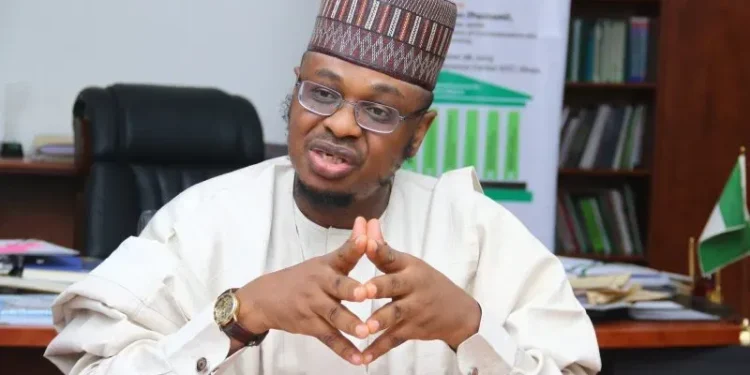The news:
The Nigerian government on Monday suspended the implementation of the proposed 5% excise duty charge on telecom services in the country.
The approval to the suspension was given by President Muhammadu Buhari, who is currently awaiting the reports from the Presidential Committee on Excise Duty for the Digital Economy Sector.
Why it matters:
According to Isa Pantami, the Minister of Communications and Digital Economy, the proposed tax suspension was the result of the previous rejection, noting that the telecom sector is already burdened with multiple taxes.
He said, “I have not been contacted officially. If we are, we surely will state our case. The sector that contributes to the economy should be encouraged. You introduce excise duty to discourage luxury goods like alcohol. Broadband is a necessity”.
“If you look at it carefully, the sector contributes 2% excise tax, 7.5% value-added tax to the economy, and it would be unwise to add to it,” he added.
The excise duty on beer, wines, spirits, cigarettes, and homogenised tobacco made in or imported into Nigeria is applicable at 20%. With the Finance Act 2022, Nigeria introduced excise duty on non-alcoholic beverages including telecommunication services.
What this means
According to a report by SB Morgen, Nigeria’s telecommunications industry is facing excessive taxes, which number over 40 by mobile network operators (MNOs). This strict form of taxation has contributed to low network coverages/quality, leaving Nigerians to bear the consequences.
Furthermore, Nigeria’s Finance Minister, Zainab Ahmed had earlier revealed the 5% excise duty in addition to the established 7.5% Value Added Tax (VAT) on telecommunications services.
With the excise tax suspended, it is expected to see an increase to the 18.44%, which the ICT sector contributed to Nigeria’s GDP in Q2 2022.

































